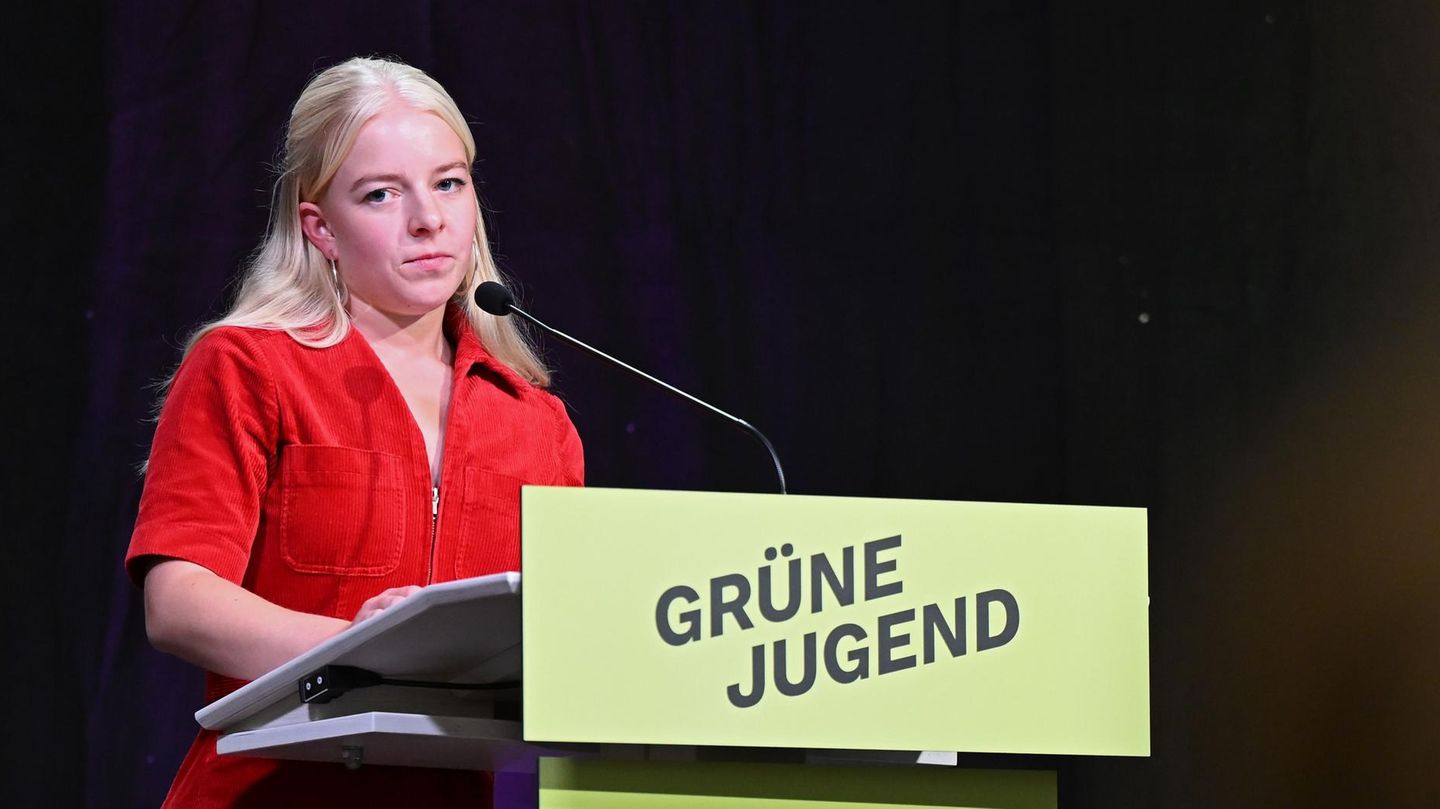I have been working in the news industry for over 6 years, first as a reporter and now as an editor. I have covered politics extensively, and my work has appeared in major newspapers and online news outlets around the world. In addition to my writing, I also contribute regularly to 24 Hours World.
Menu
Role model for AfD? How the Identitarians helped the FPÖ in Austria
Categories
Most Read
Jette Nietzard is stepping down – and the Greens are hoping, at least for now
October 11, 2025
No Comments
Party juniors: Defiance and tears: Green Youth leader Nietzard’s farewell
October 11, 2025
No Comments
Nobel Peace Prize for Machado: Institute suspects betting fraud
October 11, 2025
No Comments
Donald Trump discredits vaccines – he gets himself vaccinated
October 11, 2025
No Comments
Young people in the party: Green youth: New leadership duo wants to turn the party to the left
October 11, 2025
No Comments
Latest Posts

Goodbye to a legend: actress Diane Keaton died
October 11, 2025
No Comments
October 11, 2025 – 16:55 The American actress, recognized for her roles in The Godfather, Annie Hall and The bride’s fatherdied in California. His family

Middle East peace plan: cheers for Trump, whistles for Netanyahu in Tel Aviv
October 11, 2025
No Comments
IvanI have been working in the news industry for over 6 years, first as a reporter and now as an editor. I have covered politics

Jette Nietzard is stepping down – and the Greens are hoping, at least for now
October 11, 2025
No Comments
Green youth elects new leader Jette Nietzard is stepping down – and the Greens are hoping, at least for now Listen to article Copy the
24 Hours Worlds is a comprehensive source of instant world current affairs, offering up-to-the-minute coverage of breaking news and events from around the globe. With a team of experienced journalists and experts on hand 24/7.

